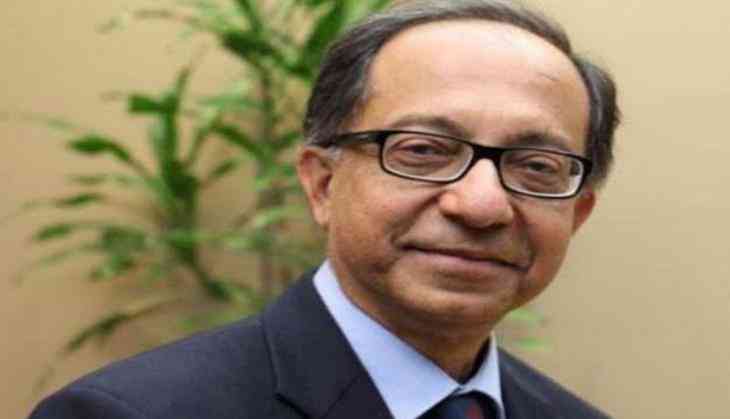
Kaushik Basu, an economist from India and Professor at Cornell University, compared the National Monetisation Pipeline (NMP) with Goods and Services Tax (GST) and said that it is a good idea but risks too are involved in its implementation.
The economist pointed out that big assets like airports, highways, railways which are languishing would be used well enough through National Monetisation Pipeline.
In an exclusive interview with ANI, Basu said, "National Monetisation Pipeline is barely 24 hours old. I do have a view and the view is that there is a plus side to it but there is a risk and a very big risk. I think this is a bit like GST."
The comments of the economist came after Union Finance Minister Nirmala Sitharaman on Monday launched the National Monetisation Pipeline that includes the Centre's four-year plan to monetise its brownfield infrastructure assets.
The government has planned a Rs 6 lakh crore pipeline of assets that can be monetised which includes a range of assets put on the block for private sector participation, over a four-year period, from Financial Year 2022 to Financial Year 2025.
Replying to a question on the intent of the policy, or the purpose, Basu said that the move to monetise its brownfield infrastructure assets is desirable, but if done wrong, it can backfire.
"I am not close enough. Have not seen the details to be able to tell you which way to go. But it is important to understand what is being done basically is a form of public-private partnership," said Basu.
"So you bring in the private sector, you almost you rent it out you lease it out you give them. You take money from the private sector, you retain the ownership of these assets and the private sector begins to use it. This done well can actually be pretty good. No doubt about it because the private sector brings its efficiency in the state continues to own it," said Basu.
Talking about the economic recovery of India, post-coronavirus pandemic, he said, "India is recovering, but two things have to be kept in mind, India's growth in the next year should be over 10 per cent."
Previous year growth of India was -7.9 per cent, "After dropping that much at 10 per cent, rise barely takes you to past where you were two years ago," said Basu.
He said that the spike will simply get India out of the pit.
He also said that because of the GST management and the lockdown management, there is a bit of a disappointment, but reiterated that India has its fundamental strengths.
"India, I should tell you, has fundamental strengths. We have an industry, the pharmaceutical industry which is so important today. Very mature and big. We have a digital industry the information technology and the software sector, some of the world's finest companies and this is a sector that is going to grow in importance. So in terms of fundamentals, India is very well positioned," said Basu.
He has recently authored a book on Policymakers Journal that talks about two of his favourite politicians former US President Barack Obama and former Indian Prime Minister Dr Manmohan Singh.
He said that while talking to Obama he discussed India's soft power, its intellectual power and space research.
"The way Obama nodded gave me an impression that he understood the importance of soft power," Basu added.
Meanwhile, talking about Dr Manmohan Singh, he said, "he is a modest person. To be modest as a prime minister or a president, head of the state needs a lot of courage."
"I think Dr Singh had that courage and that courage, which is not widely appreciated by people is what allows you to make good solid decisions," added Basu.
Basu, who was also the former Chief Economist of the World Bank, talking about his stint with the organisation, said, "When I was at the World Bank I was putting in, among the World Bank's missions to observe, inequality and how the bottom segments of different countries were doing."
Earlier this year, Basu had joined Congress MP Rahul Gandhi at a virtual event on March 2 for an open dialogue on democracy, development, and life in politics, India, and the world.
(ANI)
Also Read: Antony Blinken speaks to German FM, discusses evacuation of people from Afghanistan


